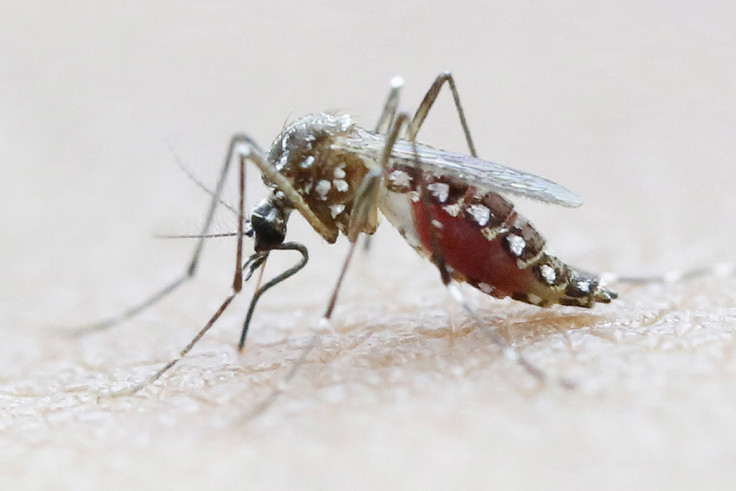University of Pittsburgh researcher diagnosed with Zika after accidentally injecting herself with virus
A University of Pittsburgh researcher accidentally injected herself with a hypodermic needle during a Zika experiment and contracted the virus as a result, reports claimed on Friday (10 June).
It was the first reported case of someone contracting the virus through a needle stick, said university officials. The unnamed scientist was diagnosed with the disease after developing symptoms in early June. She returned to work five days later when she no longer had a fever, according to the university.
"We want to remind residents that, despite this rare incident, there is still no current risk of contracting Zika from mosquitoes in Allegheny County," where the university is located, Dr. Karen Hacker, director of the Allegheny County Health Department, said in a separate statement, according to a CBS Local report.
The researcher, however, plans to wear insect repellent, long sleeves and pants for three weeks, according to the University of Pittsburgh, to help ensure that mosquitoes cannot contract the disease by biting her and then spreading it to others.
This conforms with recommendations from the US Centers for Disease Control and Prevention for all returning US travellers. The CDC recommends that travellers should take similar precautions even if they don't feel ill, to prevent spreading the virus. Mosquitoes that can carry Zika have been found in some 30 American states, including Pennsylvania.
The virus has been linked in pregnant women to the serious birth defect in their fetuses of microcephaly, characterised by an abnormally small head and brain, with significant developmental issues.
The virus is spread mainly through the bite of a tropical mosquito, though it can also be contracted through sex with someone with the disease. It generally causes only a mild and brief illness in most people, alhough one study has linked Zika to brain disorders in adults.
Common symptoms of the virus include fever, rash, joint pain, red eyes, muscle pain and headache. However, the majority of infected people experience no symptoms at all.
Nearly 700 infections have been reported in the 50 states. All — except for the researcher — were people who had travelled abroad, or who had engaged in sexual intercourse with someone who already carried the virus.

© Copyright IBTimes 2025. All rights reserved.






















